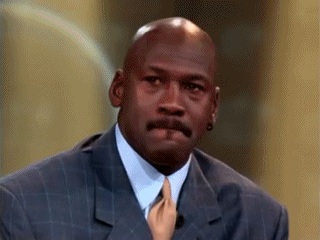That complacency has abruptly given way to a shocked recognition that Mr. Trump, having essentially secured the Republican presidential nomination, could upend decades of assumptions about American foreign policy. Even if he never makes it to the Oval Office, some officials and analysts say, the strain of public opinion he represents could fundamentally reshape the way the United States views trade, the value of alliances and the wisdom of basing troops around the world.
From Beijing, Tokyo and Seoul to the headquarters of NATO in Brussels and the vulnerable Baltic nations along Russias western border, officials and analysts said in interviews that they were trying to figure out whether Mr. Trumps America first platform was an election slogan or additional evidence of an emerging American approach in which countries pay up or make trade concessions in return for protection.
But others should give us Europeans pause for thought, Mr. Westmacott said. NATO members need to reflect on whether its right, or sustainable, for the U.S. to pay over 70 percent of the bill for our collective security, or how to ensure we take care of the losers as well as the winners in global free trade.
Mr. Rasmussen said he saw Mr. Trumps demands on NATO as an acceleration of the Obama administrations effort to encourage more burden sharing. But they come with an isolationist twist, he said. The America first term, embraced by Mr. Trump in a recent interview with The New York Times, goes back to a movement led by Charles A. Lindbergh in the 1930s to keep America out of war in Europe.
But to many who live on Russias raw border, especially in the Baltic nations in Moscows shadow, there is nothing more puzzling than Mr. Trumps reluctance to criticize President Vladimir V. Putin. He has often spoken admiringly of Mr. Putin, saying he respects his strength and views him as someone with whom he can negotiate. To European ears, that sounds as though Mr. Trump may be playing into Mr. Putins hands, opening a rift within NATO.
Russias enthusiasm about Trump seems to be predicated on the assumption that he may actually withdraw forces from Europe, said Matthew Rojansky, the director of the Kennan Institute, a Washington research group focused on Russia and the former Soviet Union.
http://www.nytimes.com/2016/05/06/world/europe/donald-trump-foreign-policy.html
Interesting that Republicans were criticizing Obama for hating on our allies and emboldening our 'enemies' (I wouldnt consider China and Russia an enemey) when Trump looks like he is doing that.




